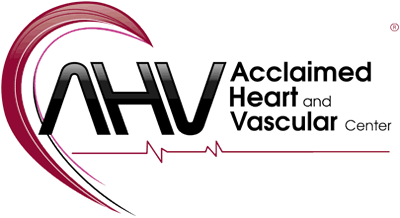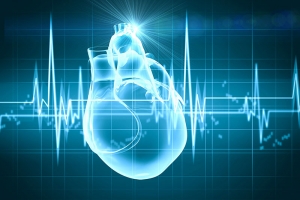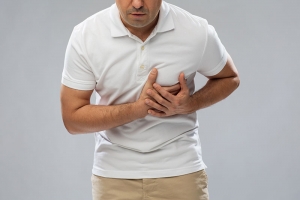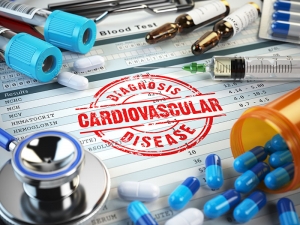Difference between a pacemaker and an implantable defibrillator
An arrhythmia is any disorder of your heart rate or rhythm. It means that your heart beats too quickly, too slowly, or with an irregular pattern. Most arrhythmias result from problems in the electrical system of the heart. If your arrhythmia is serious, you may need a cardiac pacemaker or an implantable cardioverter defibrillator (ICD). They are devices that are implanted in your chest or abdomen.
A pacemaker helps control abnormal heart rhythms. It uses electrical pulses to prompt the heart to beat at a normal rate. It can speed up a slow heart rhythm (bradycardia), control a fast heart rhythm (tachycardia), and coordinate the chambers of the heart.
What is a Pacemaker?
A pacemaker is a small device that is inserted in the abdomen or chest area to help control abnormal heart rhythms. It utilizes electrical impulses to help the heart muscle maintain a proper rhythm and heart rate. The primary purpose of a pacemaker is to maintain an adequate heart rate, either because the heart's natural pacemaker is not fast enough, or because there is a block in the heart's electrical conduction system.
Modern pacemakers are externally programmable and allow a cardiologist to select the optimum pacing modes for individual patients. Some combine a pacemaker and defibrillator in a single implantable device.
What is Arrhythmia?
Arrhythmias are abnormal beats. The term arrhythmia refers to any change from the normal sequence of electrical impulses, causing abnormal heart rhythms. Arrhythmias may be completely harmless or life-threatening.
Some arrhythmias are so brief (for example, a temporary pause or premature beat) that the overall heart rate or rhythm isn't greatly affected. But if arrhythmias last longer, they may cause the heart rate to be too slow or too fast or the heart rhythm to be erratic – so the heart pumps less effectively.
What is Heart Disease?
Heart disease, also called Heart and blood vessel disease, describes a range of conditions that affect your heart. There are many diseases that are categorized as heart disease, including coronary artery disease, arrhythmias (heart rhythm problems, and congenital heart defects (heart defects you are born with), among many others.
According to the World Health Organization and the CDC, Heart Disease is the leading cause of death in the US, UK, Canada and Australia1. Currently, 26.6 million US adults (11.3% of the adult population) is diagnosed with Heart Disease. 23.5% of all deaths in the US today are caused by heart disease2.




